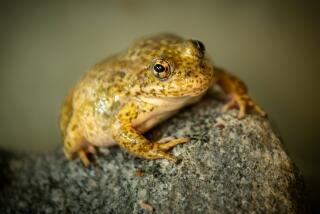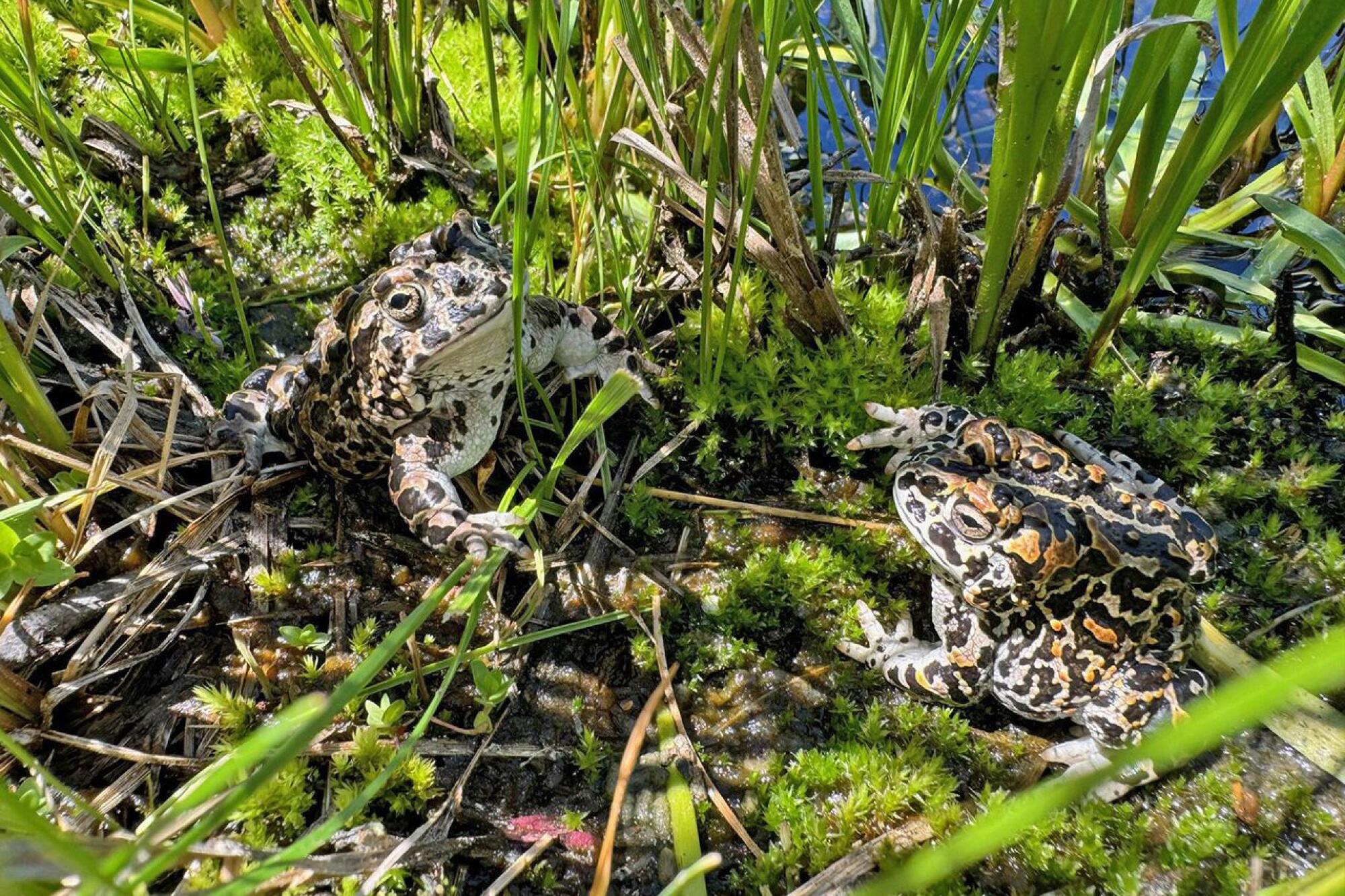
A toad that has not been seen in Yosemite National Park in 11 years was reintroduced to the park this week by San Francisco Zoo officials.
Zoo officials said in a Facebook post that 118 Yosemite toads — known by their scientific name as Anaxyrus canorus — were recently airlifted and released at a meadow in the park that the species once occupied.
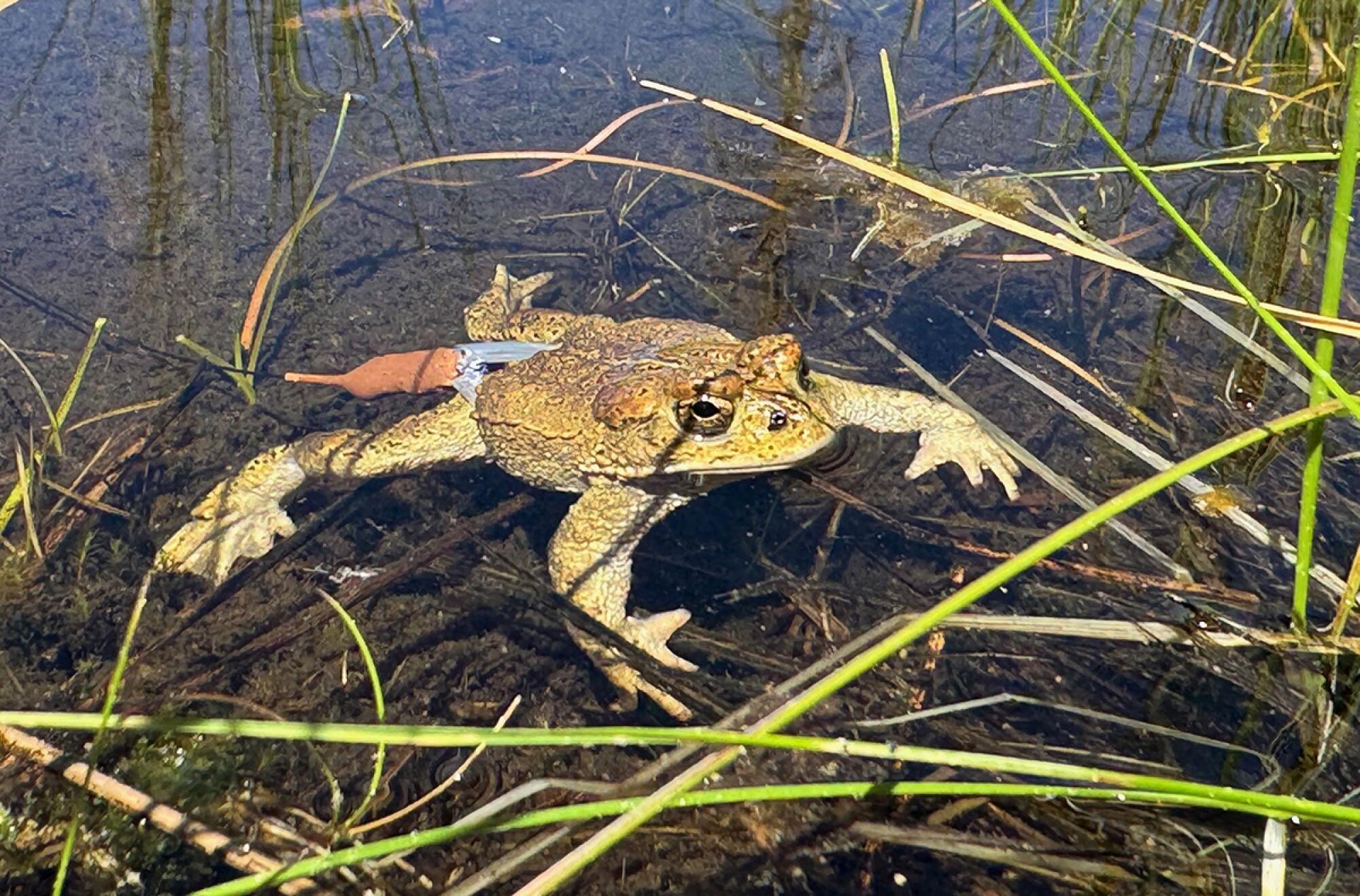
It is the first time that zoo-raised Yosemite toads have been released at the park and will be part of a five-year project seeking to reestablish a self-sustaining population. National Park Service teams will monitor and track the toads using radio transmitters. The toads have also been microchipped, officials said.
Yosemite toads, which are stocky and have bumpy light skin and dark blotches, are primarily found at higher elevations — up to 12,000 feet. They are only located in the Sierra Nevada and can be found from Alpine County to Fresno County.
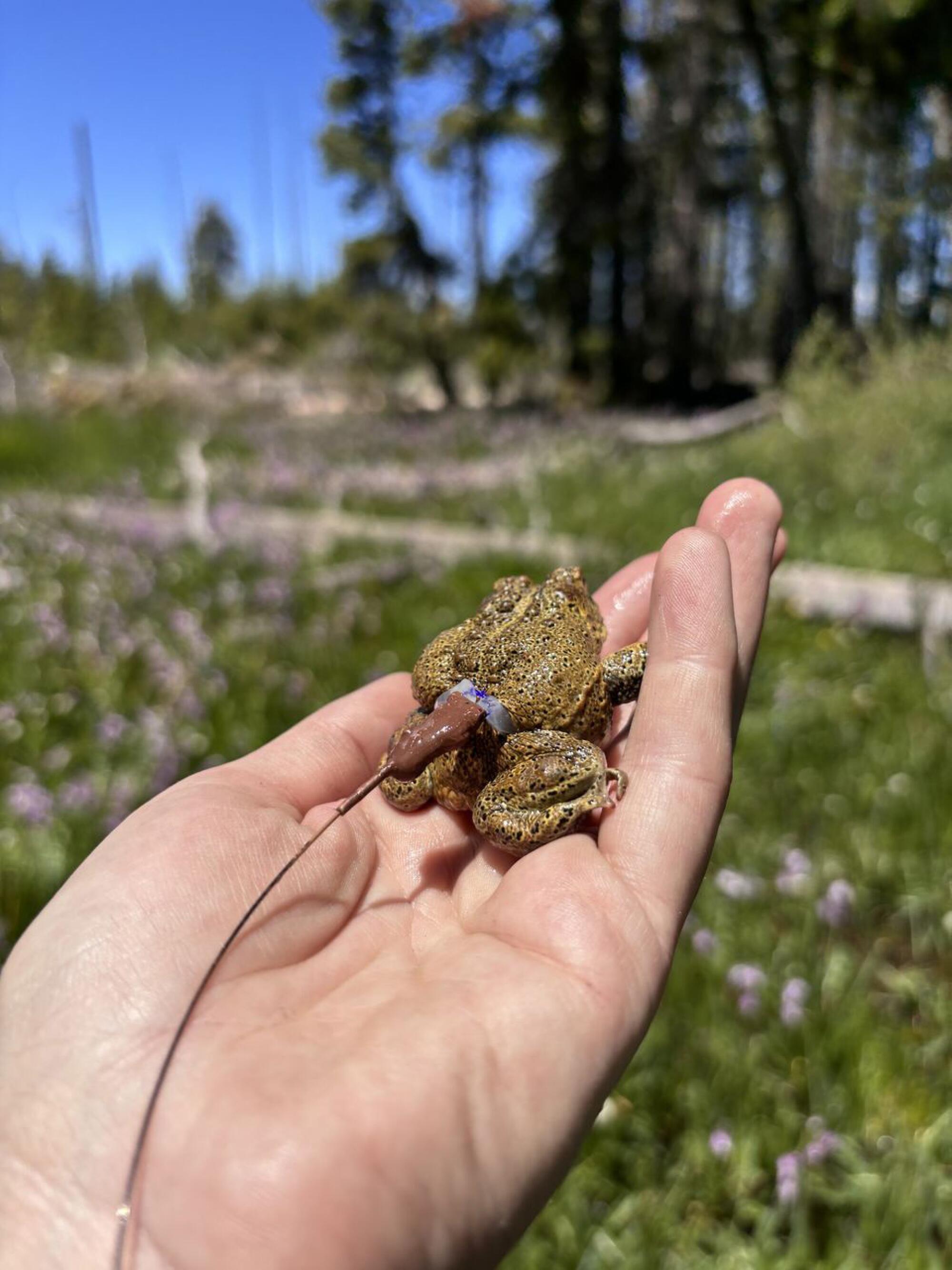
The toads, which move by walking instead of hopping, rely on spring snowmelt to reproduce and spend most of their time in underground burrows, which they also use in the winter when they hibernate for up to eight months.
But climate change, wildfires and amphibian diseases have reduced the toad’s population by half, prompting wildlife officials to place it on the Federal Threatened Species list in 2014.
Yosemite National Park officials say a lack of winter snowpacks in previous years and hotter temperatures have dried up breeding pools, preventing tadpoles from developing into toads. Pollution and diseases such as the chytrid fungus have also played a role. In 2013, the Rim fire in Yosemite National Park destroyed much of the toad’s habitat.
Amid such losses, the San Francisco Zoo’s conservation team began raising hundreds of the small toads for the purpose of reintroducing them to Yosemite National Park, where officials say it was first discovered.
Yosemite toads play an important role in the high-elevation food cycle. They act as predators for terrestrial invertebrates such as flies, worms and spiders while also serving as food for mountain yellow-legged frogs and garter snakes.
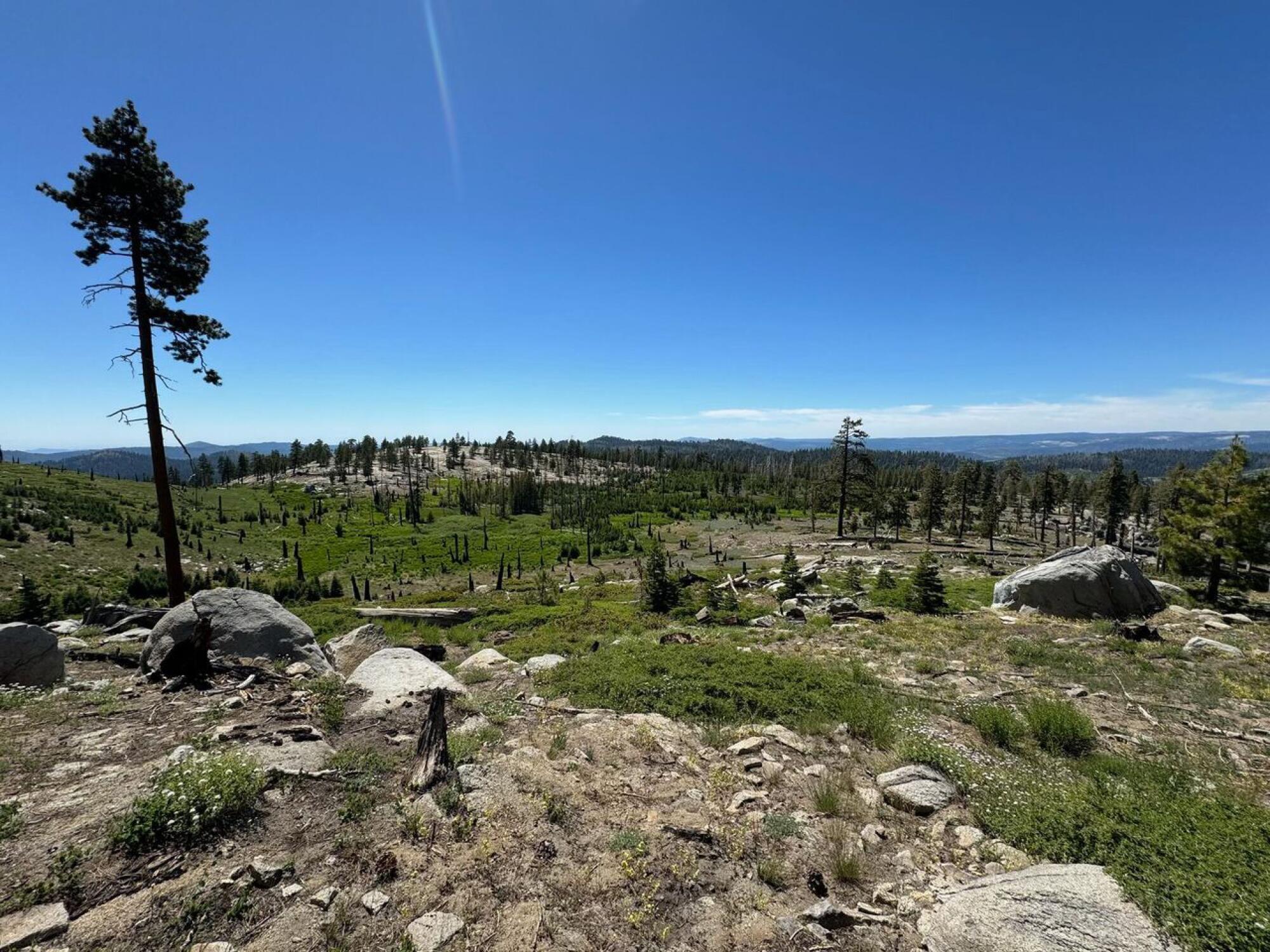
Officials hope the reintroduction of the toad will bring balance to some of these high-elevation ecosystems.
The zoo’s project is in partnership with the National Park Service, Yosemite Conservancy, U.S. Fish & Wildlife Service, California Department of Fish & Wildlife, and the U.S. Geological Survey.
More to Read
Sign up for Essential California
The most important California stories and recommendations in your inbox every morning.
You may occasionally receive promotional content from the Los Angeles Times.

